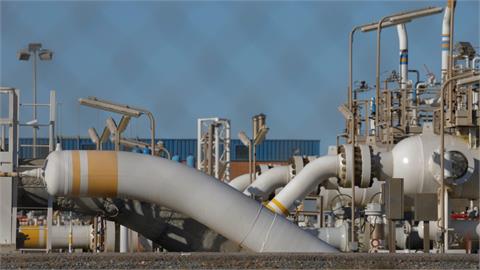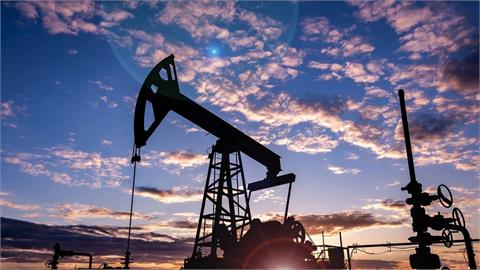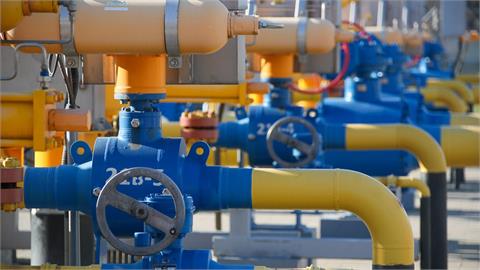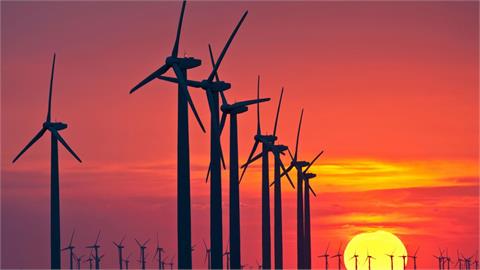Production from a number of natural gas development projects offshore Egypt’s northern coast could help boost declining domestic output, according to the U.S. Energy Information Administration’s recently updated country analysis brief on Egypt.
The projects located offshore in the eastern Mediterranean Sea have "significantly" altered the outlook for the region’s natural gas markets, the EIA said. "Production from these projects could offset the growing need for natural gas imports to meet domestic demand, according to the Egyptian government," it added.
Natural gas production in Egypt has been in decline, falling from a 2009 peak of 5.8 billion cubic feet per day (bcf/d) to 3.9 bcf/d in 2016, based on estimates in BP’s Statistical Review of World Energy.
"The West Nile Delta, Nooros, Atoll, and Zohr fields were fast-tracked for development by the Egyptian government and have begun production, providing a substantial increase to Egypt’s natural gas supply," the EIA said. It underlined, however, that the country would likely still need to import some quantities of gas.
"Although the government hopes the new discoveries coming online will allow the country to resume natural gas exports, imports will most likely still be needed to satisfy domestic demand, albeit at smaller volumes," it said.
According to the agency, the Zohr field’s estimated recoverable natural gas reserves of up to 22 trillion cubic feet (tcf) would make it the largest natural gas field in the Mediterranean, based on company reports gathered by data provider IHS Markit.
The Zohr field is currently producing 1.1 bcf/d and is expected to increase to 2.7 bcf/d by the end of 2019, it said.
According to the EIA, despite the fall in gas production in Egypt, demand for energy has grown, driven by economic growth, increased natural gas use for power generation, and energy subsidies, resulting in the country becoming a net natural gas importer in 2015.
"Faced with growing demand and declining supply, Egypt had to close its liquefied natural gas (LNG) export terminals [in December 2012] to divert supply to domestic consumption," it said, adding although LNG exports resumed in 2016, Egypt's net imports of natural gas continued to increase.
Italy's Eni holds the largest stake at the Zohr gas field at 50 percent, with Russian Rosneft, BP, and U.A.E.'s Mubadala Petroleum owning 30, 10, and 10 stakes, respectively.
As for the West Nile Delta, BP is the main operator and holds an 82.75 percent stake. DEA Deutsche Erdoel AG owns the remaining 17.25 percent.
(Anadolu Agency)



